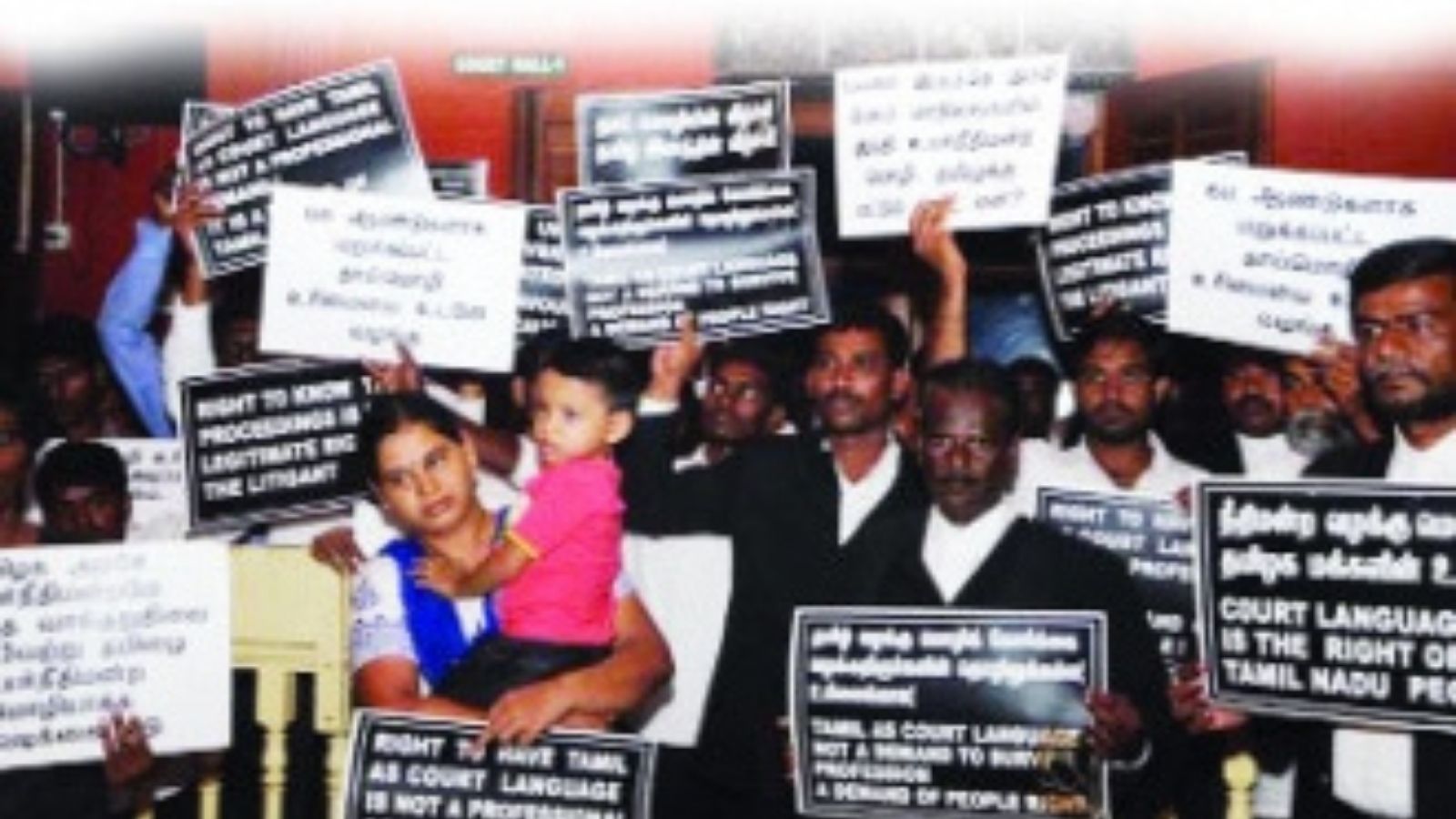By Shobhit Mathur, Co-Founder & Dean at Rashtram
Image Source: Vision India Foundation
The article was published in the The Pioneer
It is time to accept the long-standing demand of the Department of Official Language on use of regional languages in High Courts
Communication of justice is as important as the determination of justice. This recognition is imperative to ensure the integrity of our legal system. It is a shame that in independent India, legal language has prevented people from accessing justice. The complexity of statutory language has made the legal system incomprehensible to the common man. The language barrier limits the understanding of the lay man regarding his rights, exacerbates lack of awareness and effectively prevents them from accessing the justice system. To cultivate the confidence of the common man, the goal of the legal system should to eliminate language difficulties making the process of entering courts less burdensome and daunting for non-English speakers.
The idea of providing judgments in the language of the litigant has been advocated for a long time now by several High Courts. As per the current constitutional scheme, English is the official language for higher courts in India. However, serious concerns are being raised these days for providing adequate language services in courtrooms for the common litigant. The idea of prescribing the use of regional language in High Courts has been pursued by several state governments and now, even the President has made a strong case for it.
Speaking at a Kerala High Court function last month, President Ram Nath Kovind advocated for a system where translated local and regional language copies of High Court judgments are made available to litigants. The President argued that providing certified translations would benefit litigants who are not conversant in English, and otherwise would not be able to appreciate the linguistic nuance of courts that statutes necessitate.
Read more on The Pioneer

